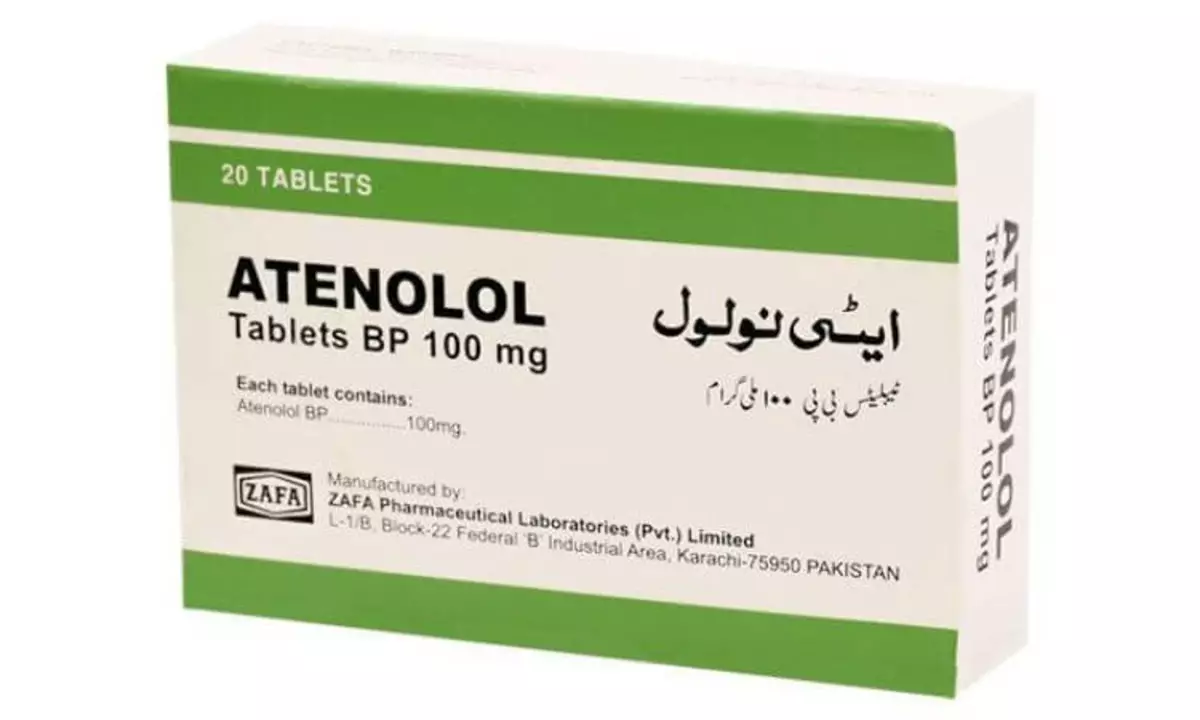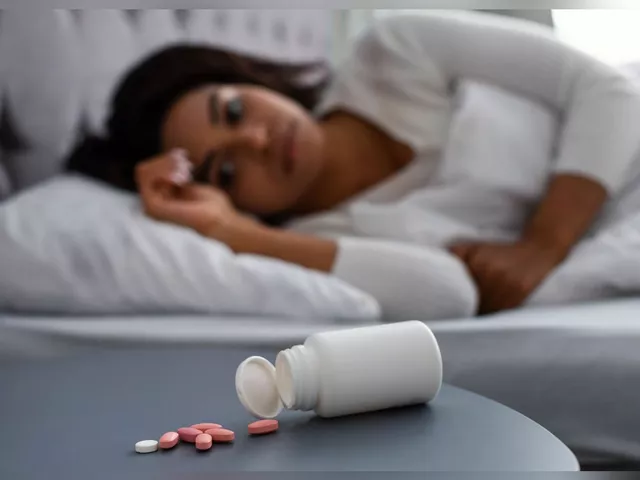Atenolol: What It Does and How to Use It Safely
Atenolol is a common beta-blocker prescribed for high blood pressure, chest pain (angina), some heart rhythm problems, and after a heart attack. It slows your heart rate and lowers blood pressure so your heart works less hard. That’s the simple benefit — but there are a few things you should know to stay safe and get the right effect.
How atenolol works and typical dosing
Atenolol mainly blocks beta-1 receptors in the heart. That reduces heart rate and the force of each beat. Most adults start with 25–50 mg once daily. Doctors often use 50–100 mg once a day depending on the condition and response. If you have kidney problems, your provider may lower the dose because atenolol is removed by the kidneys.
Take it at the same time each day. You can take atenolol with or without food. Don’t skip doses and don’t stop suddenly — stopping fast can cause chest pain or a heart attack in people with heart disease. If you need to stop, your doctor will tell you how to taper down slowly.
Common side effects and key warnings
Expect some mild side effects at first: tiredness, cold hands or feet, dizziness, or slow heartbeat. These often get better after a few weeks. Serious signs to act on: fainting, pronounced shortness of breath, swelling in the legs, or heart rate under 50 beats per minute. If that happens, call your doctor or go to urgent care.
Atenolol can make breathing problems worse in people with asthma or severe COPD, even though it’s more selective for the heart. People with diabetes should be careful because atenolol can hide signs of low blood sugar like a fast heartbeat. It can also interact with medicines like verapamil, diltiazem, and some anti-arrhythmic drugs to cause dangerous slow heart rates.
Other interactions include NSAIDs (which may reduce blood-pressure effects) and certain antidepressants. Always tell your provider about all medicines and supplements you take. If you’re pregnant, planning pregnancy, or breastfeeding, discuss alternatives — doctors usually choose options with the safest profiles for those situations.
Want to buy atenolol online? Only use pharmacies that require a valid prescription and show clear contact info, licensing, and professional reviews. Avoid sites that sell prescription drugs without a doctor’s script or that offer suspiciously low prices. When in doubt, ask your pharmacist for proof of credentials or choose a well-known national pharmacy.
Final quick tips: monitor your blood pressure and pulse at home, report any new or worsening symptoms, and carry a current list of medications to every appointment. Atenolol works well for many people, but the right dose and safe use matter. If you have questions about side effects, dosing, or online pharmacies, bring them up with your healthcare team — they can give advice tailored to your health history.

Atenolol and Infections: Is It a Side Effect?
I recently came across a topic that caught my attention: Atenolol and infections - is it a side effect? Atenolol is a commonly prescribed beta-blocker used to treat high blood pressure and heart-related conditions. However, there have been some concerns about whether this medication could potentially increase the risk of infections. In my research, I found mixed results, with some studies suggesting a possible connection, while others found no significant link between Atenolol and infections. It's important to remember that each individual's experience may vary, so always consult your healthcare provider if you have concerns about your medications.
Health and MedicineLatest Posts
Tags
- online pharmacy
- medication safety
- generic drugs
- medication
- dietary supplement
- side effects
- online pharmacy UK
- drug interactions
- mental health
- impact
- online pharmacies
- statin side effects
- dosage
- generic vs brand
- pediatric antibiotics
- antibiotic side effects
- skin health
- health
- pain relief
- dietary supplements




